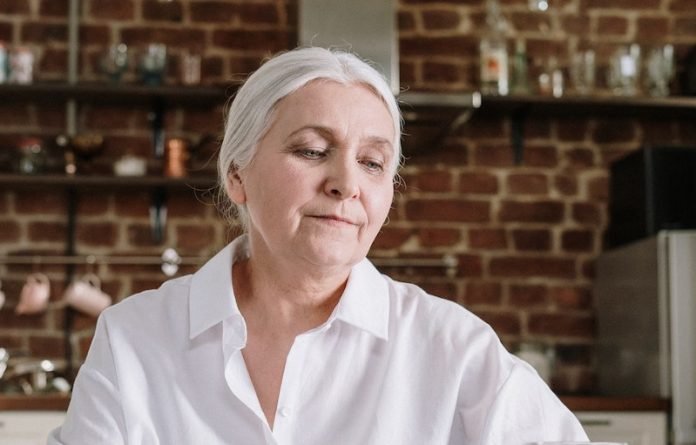
In a study from the University of Michigan, scientists found depressive symptoms and caregiving hours among older adults caring for partners with dementia can emerge up to 10 years before a routine screening detects the first signs of their partner’s cognitive impairment.
The findings modify current thinking that suggests there are large increases in care received just after dementia onset.
Conventional thinking suggests an “on/off switch” by which poor emotional health and caregiving burdens suddenly skyrocket and continue to increase after a loved one surpasses a certain threshold of cognitive decline.
The study found that the pre-onset period, which may include mild cognitive impairment, is an important time to identify needs and solutions for families that will go on to live with dementia.
In the study, the team looked at data from 1,826 individuals over age 51 from the 2000-2016 waves of the Health and Retirement Study.
Respondents had a spouse or partner with new onset Alzheimer’s or other dementia, and researchers analyzed changes in the depressive symptoms and weekly caregiving hours provided to the partner by the respondent.
The team found expected count of partners’ caregivers’ depressive symptoms and caregiving hours increased every two years by 3% and 9%, respectively, prior to onset, and decreased by 2% and 1% every two years following the partner’s dementia onset.
Researchers expected caregiving hours and depressive symptoms to level off or decrease at some point but were surprised that this happened after the onset of the partner’s dementia.
They say it may be that caregivers are accessing support and services as the level of disability reaches this onset threshold, or they may be reaching a point in their caregiving journey where they have learned to adapt and cope with the changes happening as a result of the cognitive decline.
Illustrating what happens to caregivers’ emotional health in the years surrounding dementia onset may uncover critical time periods for offering referrals and support for older couples.
The takeaway for caregivers is to be sure to advocate and care for themselves, even if they believe the caregiving situation doesn’t yet require additional help.
If you care about dementia, please read studies about how to prevent frontotemporal dementia, and high blood pressure may double your risk of this brain disease.
For more information about health, please see recent studies about turmeric compounds that could improve blood pressure, and results showing Vitamin C, but not vitamin E, linked to a lower risk of heart failure.
The study was conducted by Geoffrey Hoffman et al.
Copyright © 2022 Knowridge Science Report. All rights reserved.



